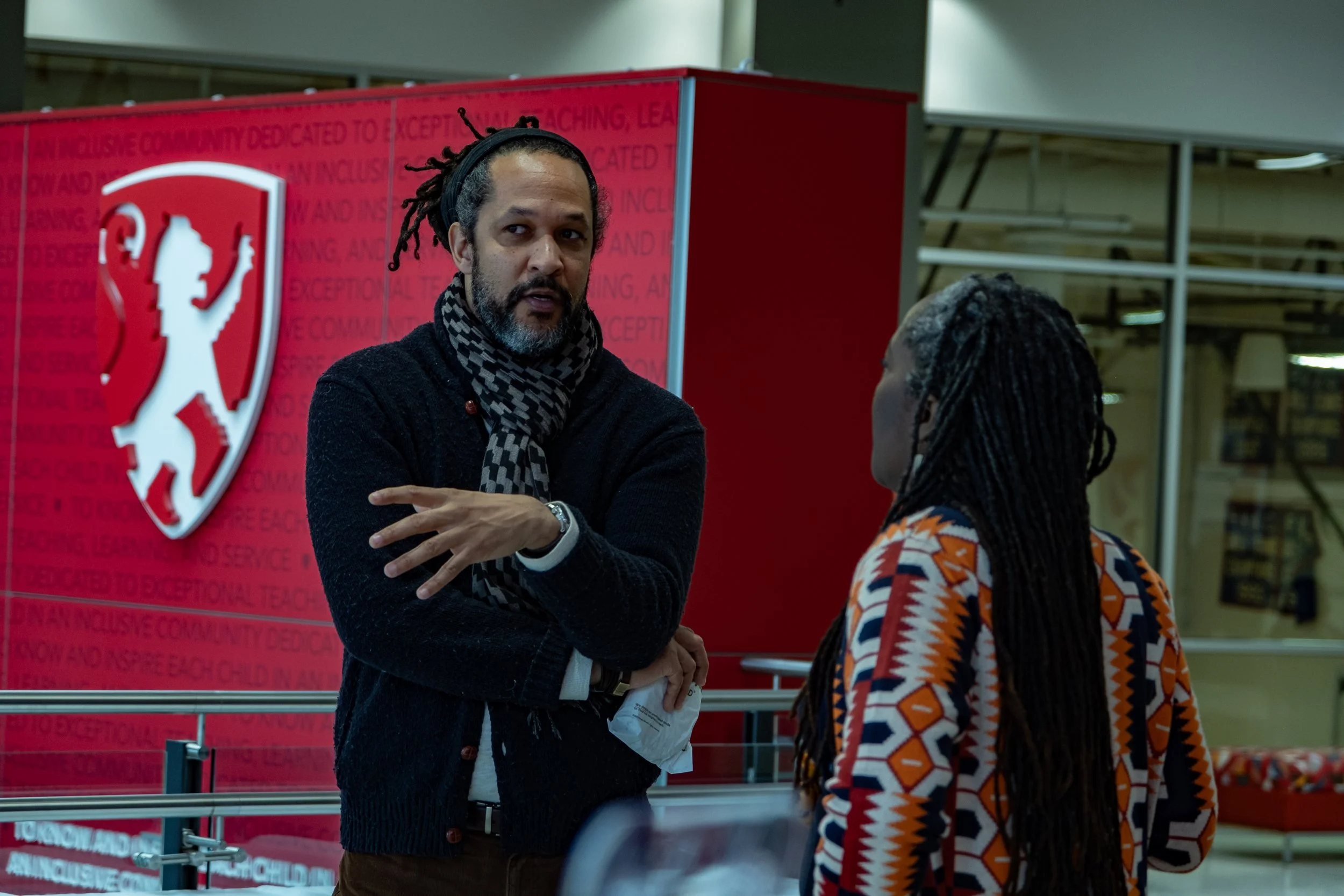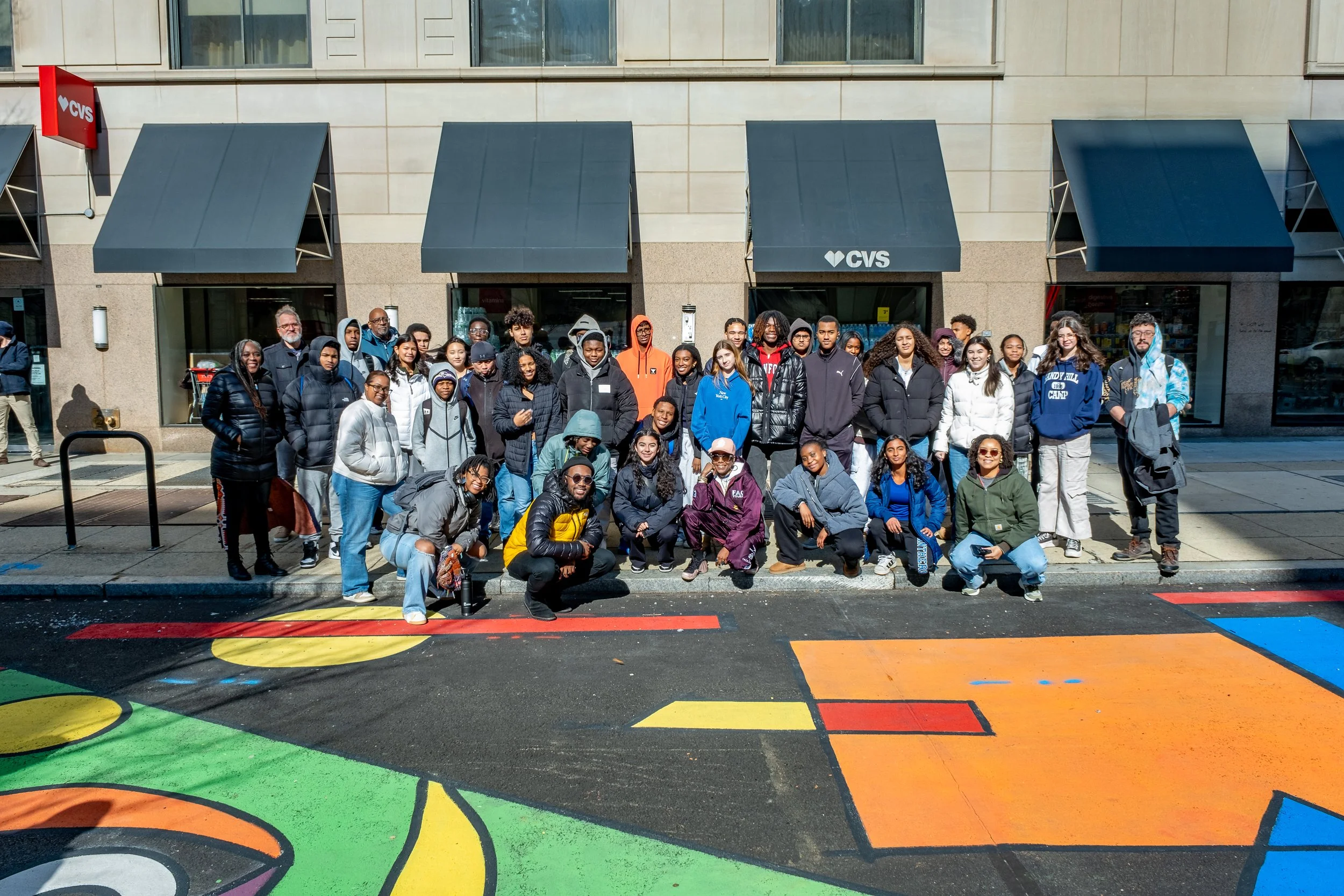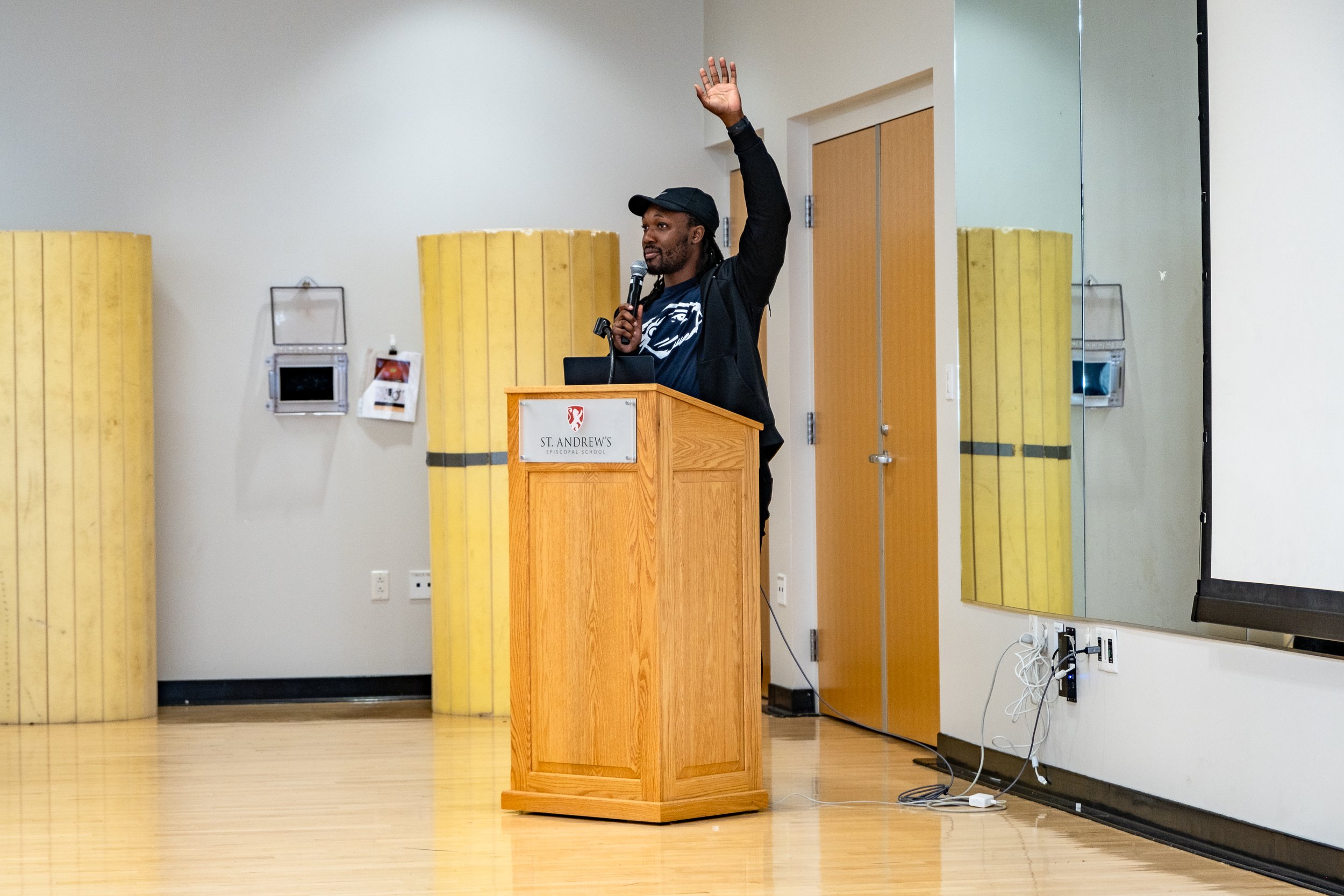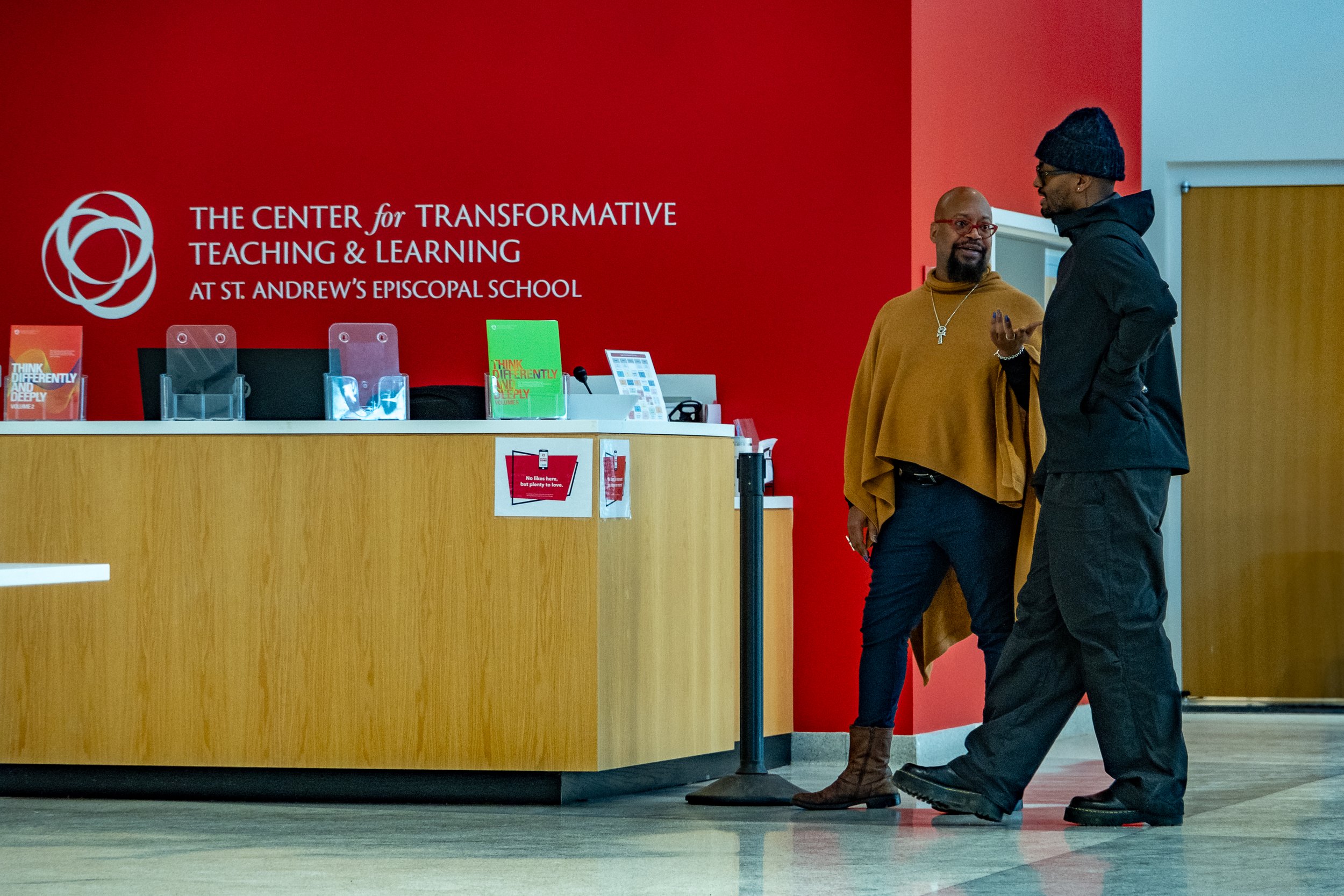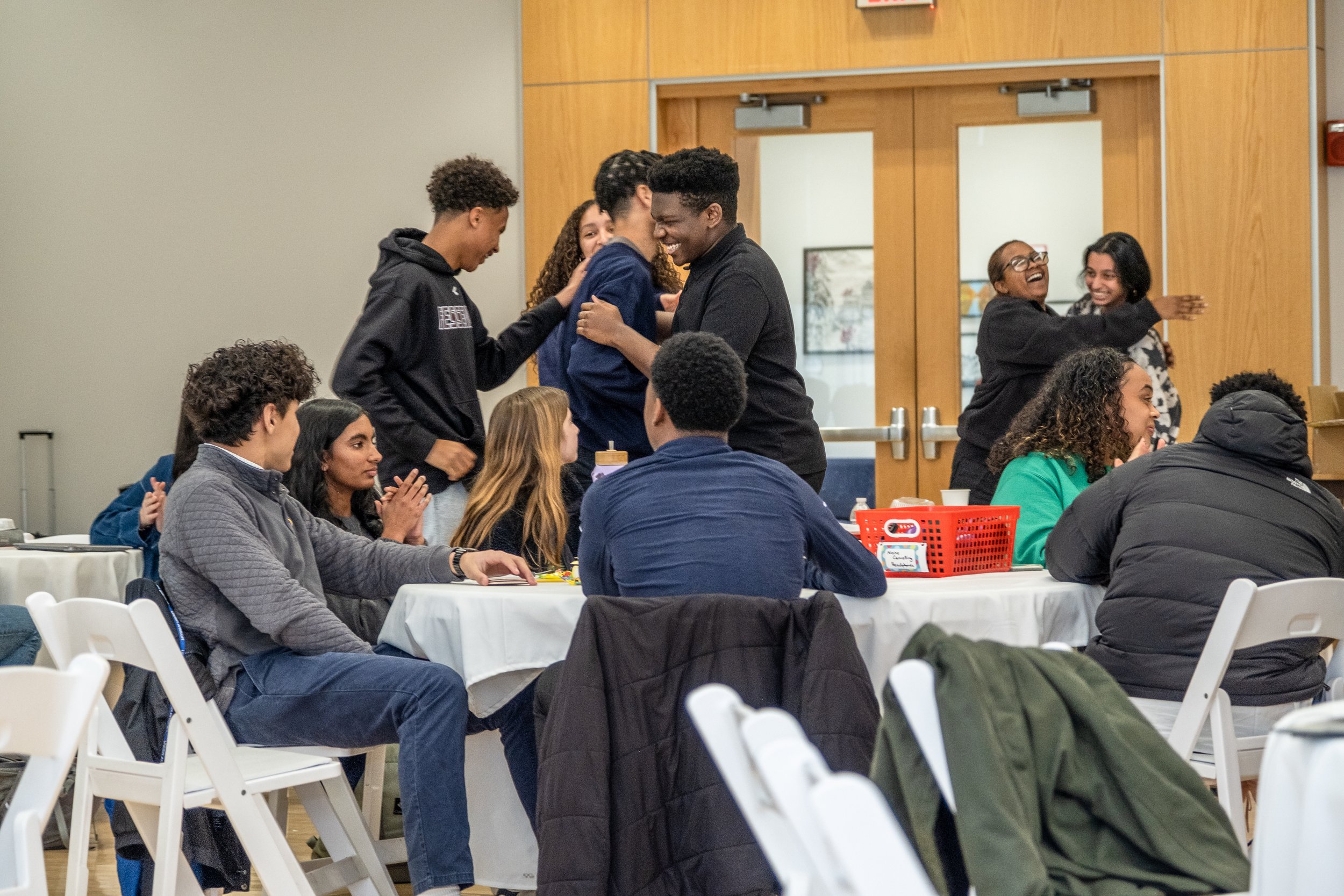
HackBAC 2023
Date: MM/DD/YY
Location: Online
Hosted by: HackBAC
Intended Audience: BIPOC (Black, Indigenous, People of Color) 8th-12th grade highly motivated students with an interest in social justice and those who work in solidarity to advance social justice for these identities.
Theme
Innovating to Promote Health Equity
By exploring HackBAC 2023’s theme, Innovating to Promote Health Equity in BIPOC Communities by Addressing Social Determinants of Health, participants will focus on how students from historically marginalized races, cultures, and identities experience their environment in relation to health care and access.
Social determinants of health are the non-medical factors that influence health outcomes. They are the conditions in which people are born, grow, work, live, and age, and the wider set of forces and systems shaping the conditions of daily life. These forces and ststems include structurally racist economic policies and systems, development agendas, social norms, social policies, and political systems.
Social determinants of health have an important influence on health inequities, which are the unfair and avoidable differences in health status and outcomes seen between different social groups & communities. BIPOC communities in particular are suffering from some of the worst health outcomes in the United States. Systemic oppression and structural racism exist in all our institutions, including healthcare, where they lead to health inequities that cause negative health outcomes for people in these communities. By addressing social determinants such as economic stability, health literacy, helathcare quality & access, cultural competency & communication, and neighborhood safety & health, we can find innovative ways to reduce inequalities and promote health equity in BIPOC communities.
Tracks
-
Poverty is a major contributor to health inequity and it disproportionately affects BIPOC communities. People without steady employment are more likely to live in poverty and less likely to be healthy, and many people have trouble finding and keeping a job.
Furthermore, many people with steady work still don’t earn enough to afford the things they need to stay healthy such as healthy foods, medicines, safe housing, and health insurance.
-
Health literacy is the degree to which individuals have the capacity to obtain, process, and understand basic health information needed to make appropriate health decisions. Systemic factors such as limited educational opportunities, racism, health system mistrust, and a lack of culturally tailored health information and services are all barriers to health literacy in BIPOC communities.
How can we ensure people in these communities are adequately educated about their health to make well informed health decisions?
How can we combat health disinformation, which can negatively impact the health outcomes of these communities? How can we improve language access to those who need it most?
-
Lack of access to quality healthcare disproportionately burdens communities of color. Communities consisting of people of color are more likely to live in medically underserved areas and have limited access to affordable insurance with proper coverage.
How can we deliver better primary care and preventative care for communities of color?
How can we incorporate community health programs/resources in these communities?
How can we use the concept of physician extenders (physician assistants, nurse practitioner, etc.) to help address the lack of healthcare providers available to people in these communities?
-
Healthcare providers need to be educated in the cultural norms of the communities they serve in order to build trust and promote positive health outcomes. Culture informs people’s behaviors, and certain behaviors can greatly influence one’s health.
How can we ensure that healthcare providers are practicing cultural humility when caring for patients in BIPOC communities?
How do we create a more diverse and inclusive healthcare workforce and reduce implicit bias?
-
The neighborhoods people live in have a major impact on both their physical and mental health and well-being. People of color are more likely to live in neighborhoods with high rates of violence, unsafe air or water, and other health and safety risks.
How can we make changes to improve neighborhoods in ways that promote healthy lifestyles and positive mental health?
Deliverables
Gallery
Partner Schools
Colegio Merci
St. Stephen’s Episcopal
The Pennington School
Stuart Hall School
Princeton Academy
Holton-Arms School
The Bryn Mawr School
Jesuit High School
St. Andrew’s Episcopal
Viewpoint School





